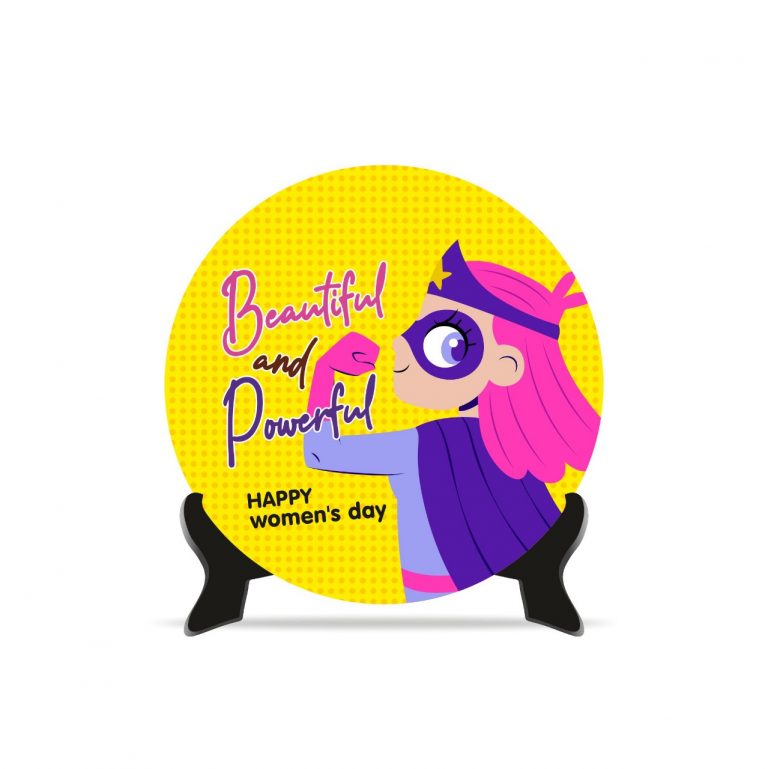The New Chapter of Workplace Learning
Corporate learning has come a long way from dusty manuals and rigid training rooms. Today’s teams learn on demand with the help of flexible systems that match their pace and curiosity. Modern workplaces value constant growth more than ever and e-libraries fit right into this rhythm.
They provide a single gateway where employees can explore ideas across fields from management psychology to advanced coding. Z-Library is often mentioned whenever people discuss digital libraries because it represents how easy it has become to find knowledge without walls or waiting.
E-libraries give structure to what once felt scattered. Instead of juggling dozens of sources employees dive into curated collections built for clarity. A well-organized catalog saves time and boosts motivation because people learn better when the material feels close and relevant to their daily work. Many companies now see their internal e-libraries not as storage but as living ecosystems that grow with every project and shared insight.
Collaboration Through Shared Knowledge
When information flows freely teams build stronger bridges between departments. E-libraries make that possible without the chaos of email threads or outdated PDFs. They encourage the habit of sharing reading notes and thought pieces so employees learn from one another instead of repeating the same searches. That sense of shared curiosity creates an invisible culture of mentorship even across continents.
In many firms employees can add their own summaries of books they’ve read or upload study notes for colleagues. This keeps the system fresh and turns it into a real-time learning network. Those who used to rely only on official training now find new perspectives in unexpected corners. The more people contribute the smarter the library becomes. Over time the corporate e-library grows into a quiet collective brain storing both wisdom and wonder.
What Makes a Good Corporate E-Library
Every organization needs to tailor its library to its personality. A finance firm may favor research papers while a creative agency might treasure story-driven case studies. Yet some ingredients stay universal across sectors. Before diving into them it helps to think about the main goal: keeping knowledge alive not archived. Here are key parts that shape a thriving e-library:
-
Ease of Access
An e-library should open doors without passwords piling up or confusing dashboards. When employees can log in effortlessly they use it naturally instead of treating it like a special task. Simple search filters and fast previews help people decide what to read next which keeps the learning rhythm smooth.
Related Posts
-
Curated Collections
Instead of throwing every file into one basket the best systems create themed paths. These collections guide learners through topics like leadership sustainability or digital marketing. Curators who understand the company’s goals can link classic books with modern reports creating harmony between the old and the new.
-
Interactive Features
Comment sections quick polls and progress trackers turn reading into participation. Workers see what others recommend and leave insights of their own. This quiet form of conversation fosters deeper understanding. Over time even shy contributors start shaping discussions and helping others grow.
After setting up these pillars a company’s library becomes more than a bookshelf on a server. It starts acting like a living mentor whispering reminders of curiosity each time someone logs in.
Beyond Training Manuals
What used to be mandatory sessions now feels like discovery. Employees move from formal lessons to flexible reading journeys where curiosity decides the pace. Modern teams use e-libraries to keep learning between meetings and projects. They explore industry reports case studies and timeless works that still speak to modern challenges. For those who seek open access knowledge spaces, Z-Library often points toward deeper reading opportunities.
E-libraries also refresh corporate culture in subtle ways. They encourage quiet reflection in workplaces driven by constant motion. Reading an essay on teamwork or a chapter from “The Innovator’s Dilemma” during a lunch break can spark ideas that no slideshow could. The act of reading becomes both rest and renewal a pause that leads to progress. When people learn together through shared words companies start to think together – and that’s when true transformation begins.










